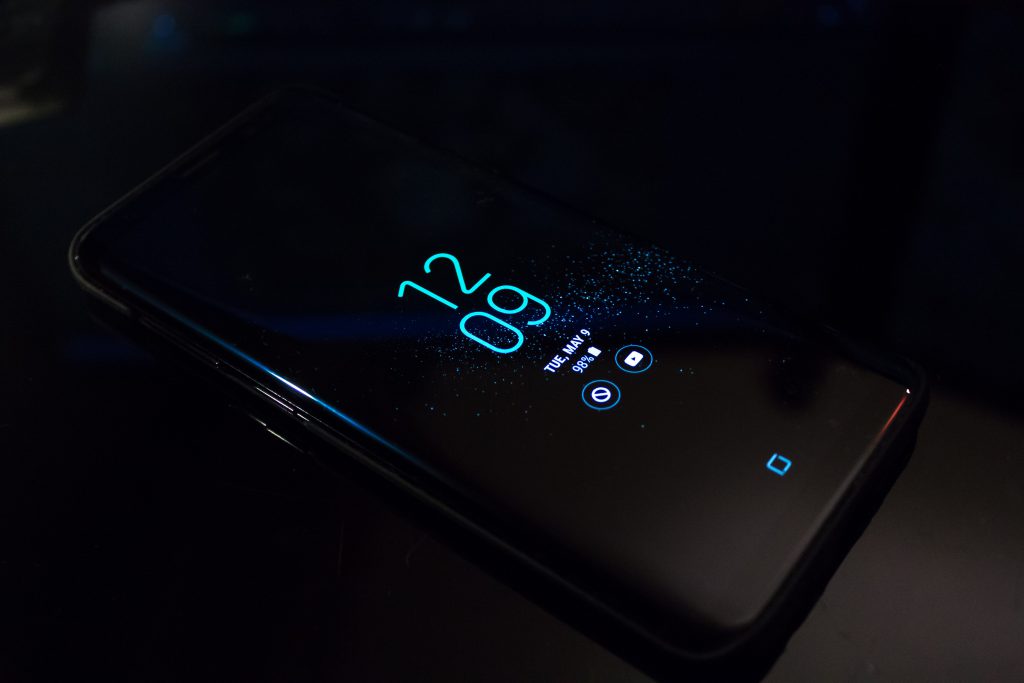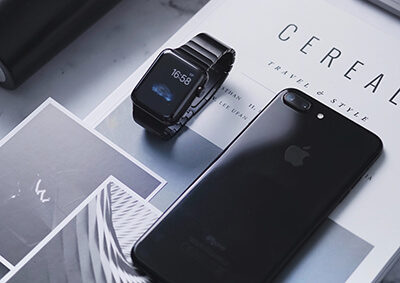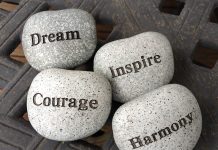We are constantly told about how sleep is incredibly important for us. Yet strangely, the majority of folks I know are chronically sleep-deprived and the rest spend their remaining energy complaining about how “busy” they are. There is an old adage that says ‘you can lead a horse to water, but you can’t make it drink’. This springs to mind – collectively we are aware that sleep is beneficial for health, yet busy Londoners are some of the most sleep deprived people in the UK and the average Brit spent £2,100 last year alone, on coffee. If you want to witness this phenomenon up close and personal, jump on the central line during morning rush hour – there’s enough exhaustion and pre-caffeine moodiness to prove my point.
Chasing “that busy London life” has become something to be celebrated like a trophy. Being sleep deprived and time-poor are at the very fulcrum of what London culture is about. I never really knew what “busy” was until I moved to London and witnessed it first-hand. Between the lengthy (not to mention stressful) daily commute, busy job, squeezing in a quick gym session and maintaining a social life, there is essentially not a moment to be spared. Even those of us scraping the barrel financially will fork out for a weekly cleaner, because there’s not enough time to clean our tiny shared flats. So when it comes to finding a cheeky 8 hours for a decent sleep… Well, its likely you a hard, long day and feel like unwinding with an hour of Netflix when you finally do get home.

But what if I told you that you could lose those stubborn extra few pounds by making a few small adjustments to your sleeping habits? It might seem too good to be true, but the research proves that consistent and quality sleep behaviour (known as ‘sleep hygiene’ or a ‘sleep routine’) has an influence not only on our energy levels, but also weight loss, weight maintenance, disease prevention and overall mental and physical wellbeing. If you’re an ambitious high-achiever who aspires to success, letting your health fall at the wayside is a recipe for underperformance and compromised focus. So yes, this applies especially to those of you who have the busiest schedules.
Chronic sleep loss (or long-term lack of sleep) can result in susceptibility to heart disease, weight gain, premature ageing, arthritis, Diabetes and even depression. Compromised (or lack of) sleep has also been linked to degenerative brain diseases such as dementia and Alzheimer’s Disease. The prevalence of these diseases and weight gain are strongly linked to increased inflammation in the body. People who sleep less than 6 hours per night have higher inflammatory proteins in their blood, making them more susceptible to these conditions.

Its not just about quantity, its also about quality. How you sleep plays a key role in health, energy, disease prevention and weight loss. Sleeping helps to regulate and balance many essential hormones directly linked to hunger control, satiety and blood sugar balance. When we experience disruptions in our sleep cycle, the release of these hormones is compromised, which can lead to hunger cravings and overeating the following day (e.g. those strong cravings for a greasy burger after you’ve had a big night). More obviously, less sleep means less energy to sustain you throughout the day and therefore there is an increased tendency to reach for sugary, energy dense foods or caffeine.
So it’s not all bad news. There are plenty of small, easily integrated adjustments you can make to enhance your sleep hygiene. I personally do all of these things and I’m one of those annoying people who open their eyes and am chirpy and singing about the hills being alive (sorry). It wasn’t always this way though. So if you’re reading this and thinking, “I’ll never be one of those morning people” – have faith because that could absolutely change. With these easy alterations, you could be feeling like a new person, remembering that consistency is key.
Fail to plan, plan to fail
If your schedule fluctuates week to week its likely you rely heavily on your diary to make things happen. Why not use your diary to schedule sleep like you would an important meeting? After all, you wouldn’t just not rock up to a business meeting – so why would you bail on your own priorities? Scheduling it in or writing it down ensures it will get done even when life gets in the way. If you know you have late nights that week, you can plan ahead. If you’re up late on Tuesday, see if you can sleep for an extra 30 minutes on Wednesday night. It’s not about being perfect and getting 7-8 hours every night. It’s about planning and being aware when you fall into a “sleep deficit”. If you’re lucky and have a consistent schedule, you can plan in advance for sleep. Another great trick is to set a bedtime alarm or a ‘warning’ alarm 1 hour before bed. This way you don’t find yourself messing about doing unnecessary time-consuming tasks before bed. Get your partner involved or a friend for some extra accountability.
Ditch the devices

Do you lie in bed scrolling on social media before you fall asleep? Switch your phone for a hardcopy book or a Kindle device without a blue-light screen. Reading before sleep can be incredibly relaxing and help to calm the mind. On the other hand, the blue light emitted from TV, phones and laptop screens disrupts our circadian rhythms, which are responsible for signaling to our brain that it is time to start releasing all the sleep-inducing chemicals and prepare us for rest. Our ancestors would have naturally been attuned to the rhythms of the sunrise and sunset, but our modern devices interfere with this ancient instinct. If you must use your devices before bed, consider purchasing a pair of blue-blocking glasses, using apps such as Flux or Twilight or using “Night Shift” mode on your phone, all of which reduce some of this blue light. There is also recent research suggesting that Wi-Fi and mobile signals from our devices can interfere with our sleep quality. I recommend switching your phone onto airplane mode and keeping it several metres away, or in another room. This also relieves the temptation to grab your phone late at night and mindlessly scroll. Equally, if you wake up at night for the toilet or any other reason, resist the urge to grab your phone.
Change your sip habit
Drink water like a king in the morning, like a prince in the afternoon and mindfully before bed. Why? Drinking 2-3 litres of water throughout the day is crucial to overall health and also sleep. Why? Drinking water in the morning increases metabolism, rehydrates the body after a long period of sleep and enhances brain function. Many people don’t drink enough water throughout the day and remember late at night upon realizing how thirsty they are! When you wake up, take a big glass of water rather than saving it all for nighttime. This will ensure you don’t wake up during the night to use the toilet.

Caffeine is also another an important factor in sleep hygiene. If you find it hard to get to sleep at night, consider what you are drinking or eating in the afternoon. Even if you do fall asleep easily, consumption of caffeine can affect the quality and depth of your sleep, so be mindful. In either case, I would recommend avoiding coffee or caffeinated beverages after 3pm and remember that tea and chocolate (although relaxing) also contain caffeine.
Implementing these subtle but effective changes will guarantee an improvement in your sleep routine. How do you feel after a long night’s sleep or a decent lie in? My guess is, like a million bucks. Imagine if you could bring that energy and vitality into every workday, rather than just occasionally? You can.


















